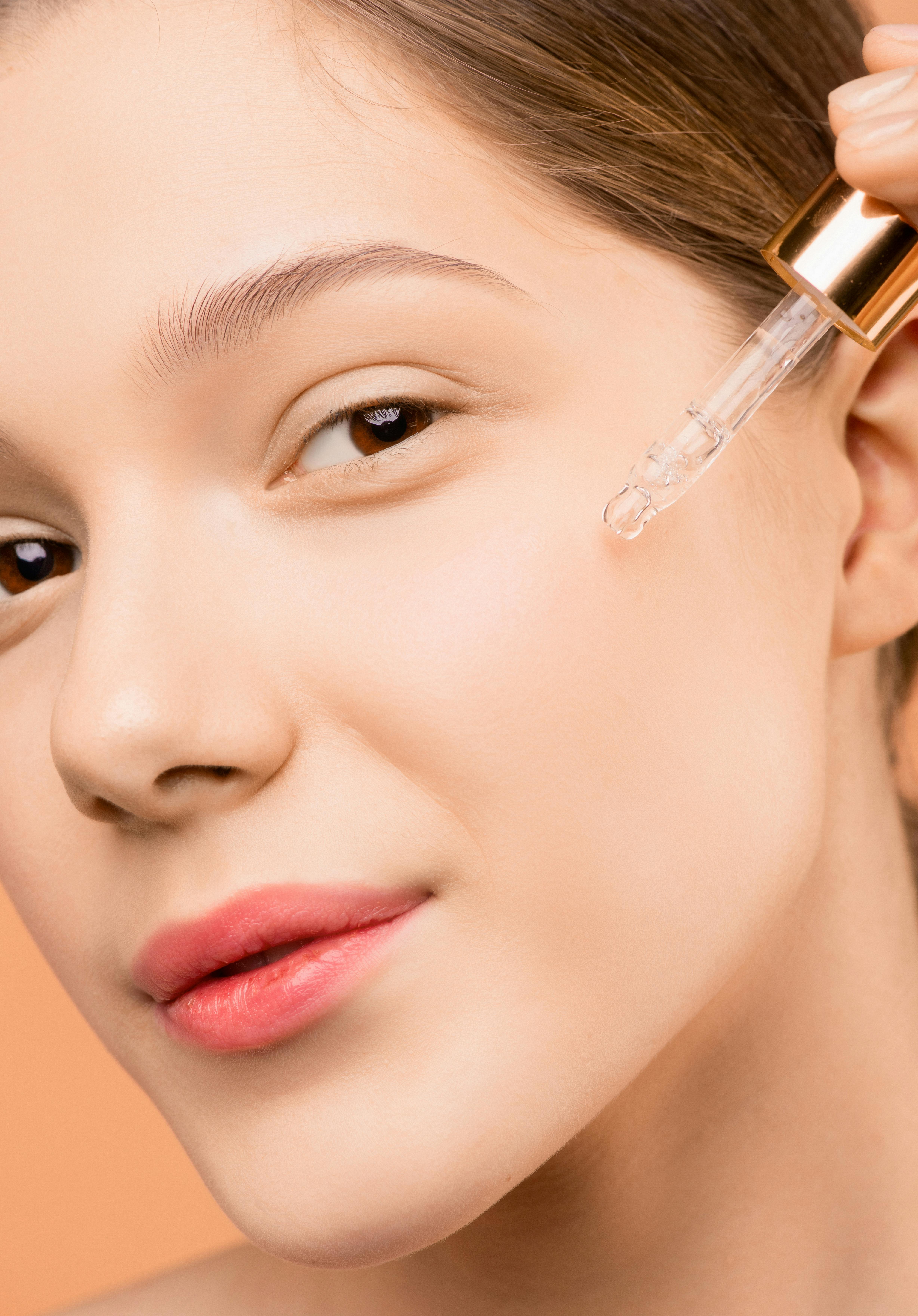Fermented Beauty: The Next Frontier in Skincare
In the ever-evolving world of beauty and skincare, a new trend is bubbling up from ancient traditions and modern science: fermented beauty. This innovative approach to skincare harnesses the power of beneficial microorganisms to create potent, bioavailable ingredients that promise to revolutionize our daily routines. Rooted in time-honored practices from cultures around the globe, fermented beauty is now gaining traction in the Western world as consumers seek natural, effective solutions for their skin concerns. As we delve into this fascinating realm, we'll explore the science behind fermentation, its benefits for skin health, and how it's reshaping the beauty industry landscape. From Korean beauty secrets to cutting-edge formulations, fermented beauty is poised to become the next big thing in the quest for radiant, healthy skin.

Korean beauty traditions have long incorporated fermented ingredients, with women using fermented rice water to cleanse and brighten their skin. This practice has evolved into the modern K-beauty phenomenon, where fermented ingredients are a staple in many coveted skincare formulations. The rediscovery of these ancient wisdom and practices has sparked a renewed interest in harnessing the power of fermentation for beauty purposes.
The Science of Skincare Fermentation
At its core, fermentation is a metabolic process where microorganisms break down complex compounds into simpler, often more beneficial substances. In skincare, this process can transform ingredients to enhance their potency and bioavailability. During fermentation, enzymes produced by bacteria, yeast, or fungi break down large molecules into smaller ones, making them easier for the skin to absorb and utilize.
This process can also create new beneficial compounds, such as probiotics, antioxidants, and amino acids. For example, when green tea is fermented, its antioxidant properties are significantly amplified. The fermentation process can also neutralize harmful compounds and increase the concentration of vitamins and minerals in the final product.
Moreover, fermentation can alter the pH of ingredients to better match the skin’s natural acidity, potentially reducing irritation and improving overall skin health. This scientific understanding has led to the development of sophisticated fermentation techniques specifically tailored for skincare applications.
Benefits of Fermented Ingredients in Skincare
The use of fermented ingredients in skincare offers a multitude of benefits that are increasingly supported by scientific research. One of the primary advantages is enhanced absorption. The smaller molecular size of fermented ingredients allows them to penetrate deeper into the skin, delivering active compounds more effectively.
Fermented ingredients are also rich in probiotics, which can help balance the skin’s microbiome. A healthy skin microbiome is essential for maintaining skin barrier function, regulating inflammation, and protecting against harmful pathogens. By supporting the skin’s natural ecosystem, fermented skincare products can contribute to overall skin health and resilience.
Additionally, the fermentation process can increase the concentration of beneficial compounds such as antioxidants, vitamins, and minerals. This can lead to more potent anti-aging effects, improved hydration, and enhanced skin brightening properties. Some studies have even suggested that fermented ingredients may have superior free radical scavenging abilities compared to their non-fermented counterparts.
Popular Fermented Ingredients and Their Properties
As the fermented beauty trend gains momentum, certain ingredients have emerged as stars in the field. Fermented rice water, a staple in Asian beauty traditions, is rich in vitamins, minerals, and amino acids that can brighten and soften the skin. It’s also believed to have anti-aging properties and can help improve skin texture.
Fermented sea kelp is another popular ingredient, known for its hydrating and anti-inflammatory properties. The fermentation process enhances the bioavailability of its minerals and amino acids, making it an effective ingredient for soothing and nourishing the skin.
Galactomyces ferment filtrate, a byproduct of sake production, has gained a cult following in the beauty world. It’s rich in vitamins, amino acids, and minerals, and is believed to improve skin elasticity, hydration, and overall luminosity.
Other notable fermented ingredients include black tea, ginseng, and various fruits and herbs. Each of these ingredients brings unique properties to skincare formulations, from antioxidant protection to brightening and firming effects.
Innovations in Fermented Beauty Products
The beauty industry is rapidly embracing the potential of fermented ingredients, leading to a wave of innovative products. Fermented essences, a category popularized by Korean skincare brands, have become a staple in many skincare routines. These lightweight, fast-absorbing products are designed to be applied immediately after cleansing, preparing the skin for subsequent treatments.
Fermented sheet masks are another area of innovation, offering intense hydration and nourishment in a convenient format. These masks often combine multiple fermented ingredients to target various skin concerns simultaneously.
In the realm of anti-aging, fermented beauty is making significant strides. Some brands are developing fermented retinol alternatives, aiming to provide the benefits of traditional retinol with reduced irritation. Others are exploring fermented peptides and growth factors to boost collagen production and improve skin elasticity.
Probiotic skincare, which often incorporates fermented ingredients, is also gaining traction. These products aim to support the skin’s microbiome, potentially improving skin health from the inside out.
The Future of Fermented Beauty
As research in this field continues to advance, we can expect to see even more sophisticated applications of fermented ingredients in skincare. Scientists are exploring new fermentation techniques and novel ingredient combinations to unlock even greater benefits for skin health.
The sustainability aspect of fermented beauty is also likely to become more prominent. Fermentation can be an eco-friendly process, often requiring less energy and producing less waste than traditional ingredient processing methods. As consumers become more environmentally conscious, this could become a significant selling point for fermented beauty products.
Furthermore, the personalization trend in skincare is likely to intersect with fermented beauty. We may see the development of custom-fermented skincare products tailored to individual skin types and concerns, leveraging the adaptability of the fermentation process.
As fermented beauty continues to evolve, it promises to bring together the best of ancient wisdom and cutting-edge science, offering consumers a new paradigm in effective, natural skincare. From its roots in traditional practices to its future in high-tech formulations, fermented beauty is poised to leave a lasting mark on the beauty industry landscape.






